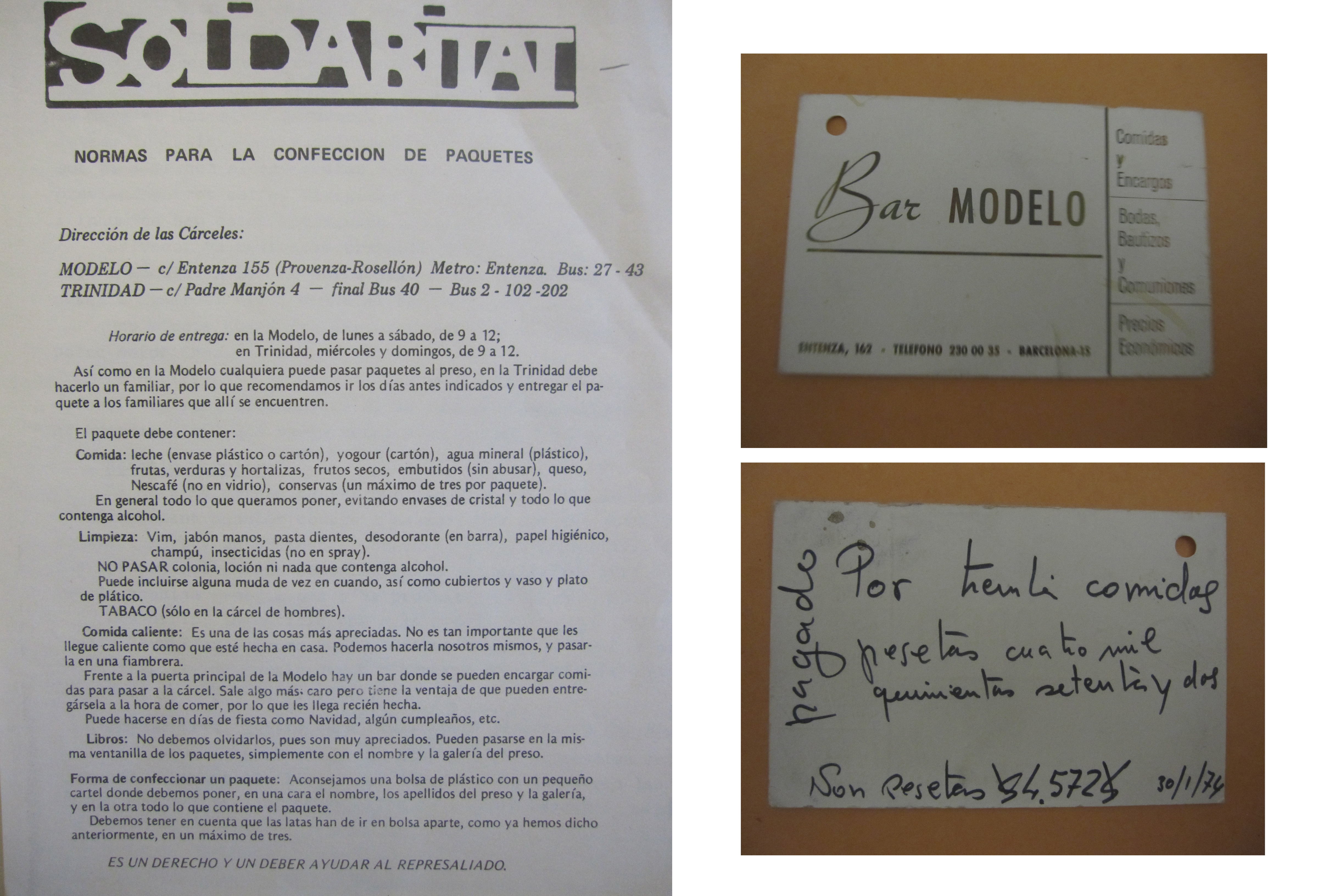Penitentiary regime A research on eating or not eating in the prisons of the Spanish Transition
Main Article Content
Abstract
Hunger strikes, ingestion of sharp objects, manifestos to demand dignified food, ingenious ways of cooking on the sly, escapes through the kitchen... The forms of struggle in state prisons during the last years of Franco's regime and until the 80s, especially those of people imprisoned for common crimes, are facts that are not part of the hegemonic discourse of the so-called transition, and therefore many people do not remember them or are unaware of them. Even less if it refers to cooking and food, an issue that, although of vital importance, often goes unnoticed or is considered marginal within the plot of History and Politics. Addressing the issue of food in spaces of deprivation of liberty seems relevant to understand practices that have to do with eating or not eating as modes of subjectivation, revolt and protest.



